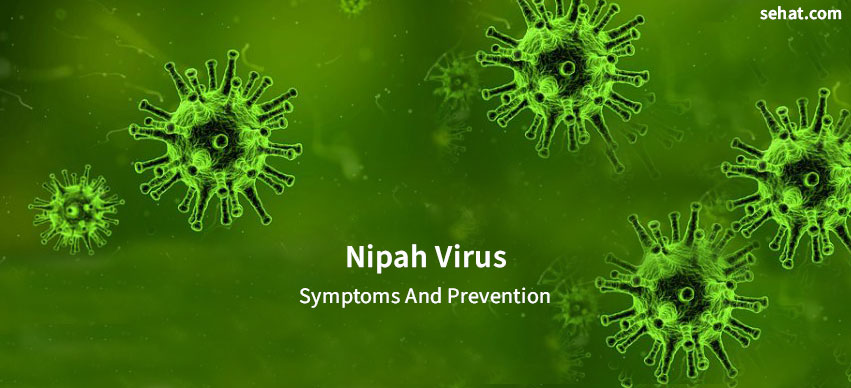How Communities Are Changing the Way We Think About Aging in..
8 Min Read

The Nipah virus is a recent condition that has lately appeared in Kerala and other parts of India. The Nipah virus infection escalates from animals to humans at an extremely quick level. The virus is also called the human Nipah virus and is spread by the bats of the Pteropodidae family that are the natural animal reservoir for the Nipah virus.
The WHO already advanced a warning of an urgent need for expeditious research and evolution of treatment for the Nipah virus.
Nipah virus is a zoonotic virus that is developed by bats. Also called Henipavirus it was first perceived in 1999 in Malaysia preceding in Bangladesh in 2001, subsequently identified in eastern India and countries like Cambodia, Ghana, Indonesia, Madagascar, Philippines, and Thailand. Nipah virus is a disease that has a high mortality rate. The death toll is approximately between 40 % to 75%. The incubation period of the disease ranges from 4 days to 14 days. Nipah virus effortlessly transmits from bats to pigs and further to humans. The transmission also occurs from the food contaminated by the infected animals. The infection leads to serious respiratory infection and acute encephalitis.
The symptoms of Nipah virus infection fluctuates from asymptomatic disease to acute respiratory ailment causing fatal encephalitis.
The symptoms of the Nipah virus are;
On observing the symptoms, one must consult the doctor promptly. If confirmed, proper medication and treatment should be followed without delay. No self-medication is recommended as it may prove lethal leading to unconsciousness and finally death.
The transference of the Nipah virus was first recorded in bats and it gradually sprouted in cattle and pigs. Later, the infection broadened its spread among the people working in close contact with the infected animals. The cases were seen in the families of people who were directly exposed to the animals. The infection is also rooted in the health workers because of their vulnerability to the samples. Few cases have been recorded in the people who climbed the trees that had/have the bat's presence.
Various reasons for the spread of the virus are;
Nipah virus is not an airborne infection. The virus spreads from animals to humans. It is communicated from bats and pigs. The circulation of infection advances from contaminated food infected by the animals. Direct exposure to the body fluids of infected animals such as blood, urine, and saliva also propagates the growth of infection. Consumption of food products that are contaminated with the Nipah virus can also lead to this.
As per varied research and clinical tests performed by many health departments no licensed treatments are available to cure the Nipah virus. There is no proper vaccination prescribed to battle the disease. The sole important treatment for humans is supportive care. However, monoclonal antibody therapies are presently under appraisals.
The usage of the drug ribavirin was initiated to treat the patients in the inceptive outbreak in Malaysia. Although the efficacy of the medicine is still vague it is one option. The therapy is restricted to supportive care, taking rest, and proper hydration of the body. An immediate study states that chloroquine, an anti-malarial drug proved beneficial in preventing the Nipah virus
Right now, no Nipah virus vaccine is available to treat the disease. To control the spread,d certain precautions as the below should be taken;
Nipah virus can be managed by publicizing correct awareness among the society and educating the community with the risks involved with the disease. Cementing the given protocols by various health care organizations on infection control practices will prevent the Nipah virus outburst.